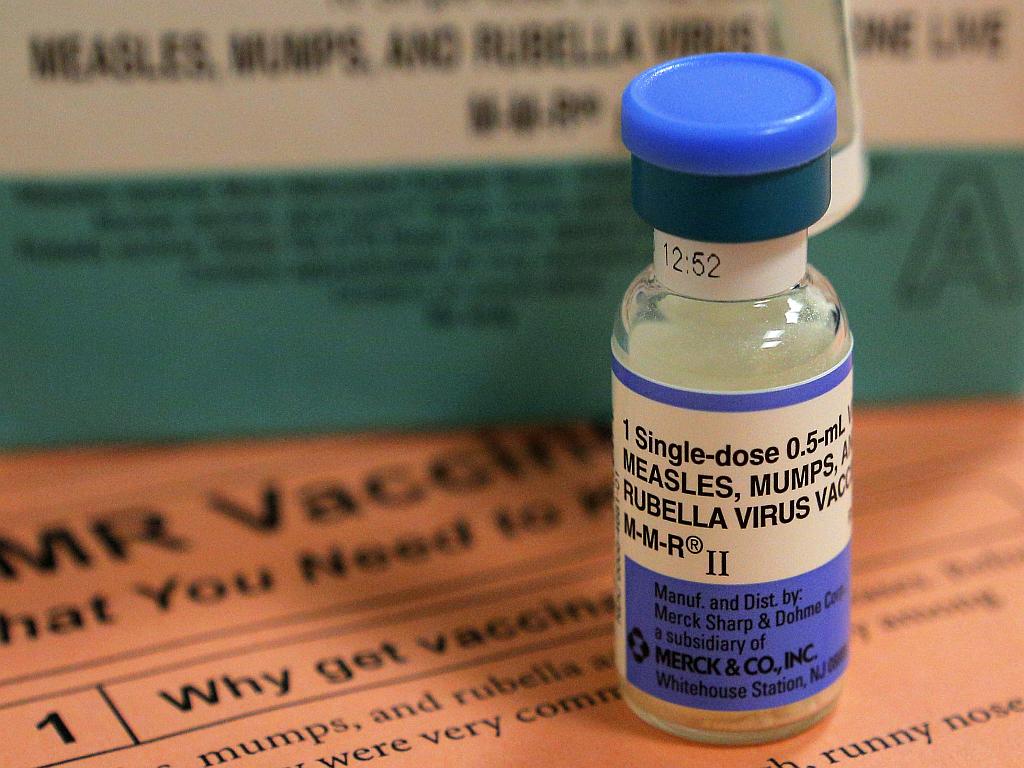The Slovene Medical Academy recently hosted a conference on vaccination, the purpose of which was to discuss measures to increase vaccination rates. Even though the medical community unanimously supports childhood vaccination, vaccination rates have recently declined. Alenka Kraigher of the National Institute of Public Health (NIJZ) said that people seem to have turned a blind eye to the recent spread of vaccine-preventable diseases: “It has been scientifically proven that vaccines eradicated smallpox. We also hope to eradicate polio and other diseases in the near future.” However, since vaccines have been so effective in protecting people against some preventable diseases, people no longer appreciate their value. “Vaccination programs seem to be a victim of their own success,” said Kraigher.
When a high enough percentage of the population is vaccinated against a disease, it can no longer spread. “The effectiveness of vaccines has been scientifically proven,” stressed Kraigher. The last cases of diphtheria and polio in Slovenia were reported decades ago. Kraigher, moreover, said that doubts about the effectiveness of vaccines have existed from the very beginning.
Parents can be held legally responsible
District state prosecutor Boštjan Valenčič said that, according to Article 177 of the Criminal Code, parents who refuse to vaccinate their children can be held legally responsible. “Yes, they can be held legally responsible, but it’s a bit more complicated than that,” stressed Valenčič.
“If a child contracts a contagious disease, and the parents, guardians or their paediatrician fail to comply with the requirements of the Contagious Diseases Act, and then someone else contracts the disease from the child, they can be held legally responsible. If I know that someone could contract a disease from my unvaccinated child, this could be considered a criminal act,” said Valenčič, adding that parents are responsible for the health of their children and that they must comply with the provisions of the Contagious Diseases Act.
Parents may face jail time
Parents could face up to one year in jail if they fail to comply with the requirements of the Contagious Diseases Act and another child contracts a vaccine-preventable disease from their child. If the failure is due to negligence, they could face up to six months in jail. If another child dies after contracting a vaccine-preventable disease from their child, they could face up to five years in jail. Valenčič stressed that the law itself is problematic because it says that parents could face up to five years in jail if another child dies – but not if the child sustains grievous bodily harm.
However, since flu shots are not mandatory, parents cannot be held legally responsible if another child contracts influenza from their child. “If parents are to be held legally responsible when another child contracts influenza from their child, flu shots must be made mandatory,” said Valenčič. Still, with regard to Article 177 of the Criminal Code, case-law is virtually non-existent.
In Germany, parents face fines if they fail to vaccinate their children
In Croatia, Austria and Germany, parents can be held legally responsible if they refuse to vaccinate their children. “In Austria, parents can be held legally responsible if they fail to vaccinate their kids – even before someone else contracts a disease from them. We should consider passing a similar law,” said Valenčič.
However, Slovenian doctors are sceptical of such laws. They believe that they could erode the trust between the doctor and his or her patient.
Luka Lukič; translated by D. V.


































































